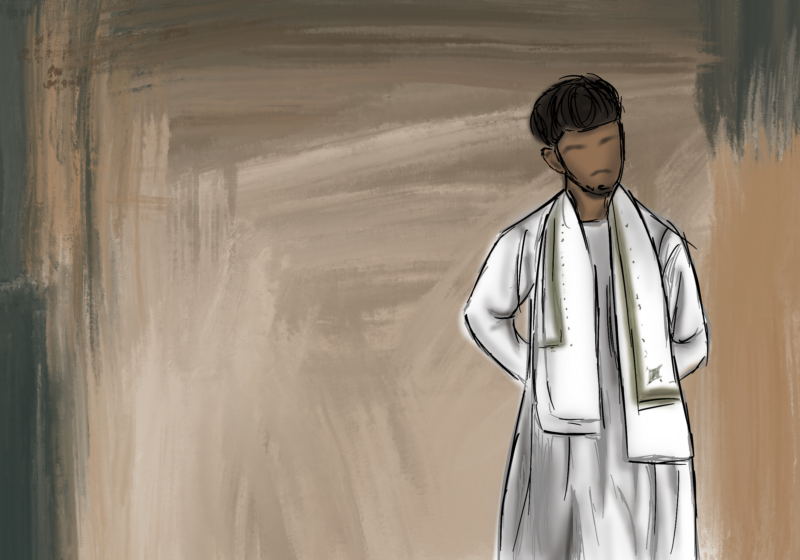by Lewis Powell
Many students were dismayed to discover that they were unable to get add/drop forms, parking permits and many other official documents the day before classes began.
Since classes started the day after Labor Day, most offices were not open for business for three days before classes began.
This situation caused students to question why classes began directly after the extended weekend, not allowing for a full business day prior to classes? While there are no sinister motivations behind this scheduling, there is an explanation.
The current scheduling situation began seven or eight years ago when the university’s Calendar Committee set up some guidelines for the opening day of classes. The general concept behind the guideline was simple: start classes as close to Sept. 1st as possible, but not on Labor Day.
This means that Labor Day determines the starting date of our classes, and this will create the same situation for the next two years. In fall of 2002, Labor Day is Sept. 2nd, while classes begin on Sept. 3rd. In 2003, Labor Day falls on Sept. 1st, and classes will begin on Sept. 2nd.
For all you freshman out there, though, there is hope. In the fall of 2004, your senior year, Labor Day falls on Sept. 6th, so classes are free to begin on Sept. 1st.
The question still remains. Why was this policy enacted in the first place? According to Nancy Speck, the UR Registrar, the calendar is determined by the number of instructional days required for each semester. Generally, there are 70 instructional days in the fall, not including exam and reading days and in order to fit in all of the necessary class time, classes need to begin as close to Sept. 1st as possible.
Lewis Powell can be reached at lpowell@campustimes.org.





